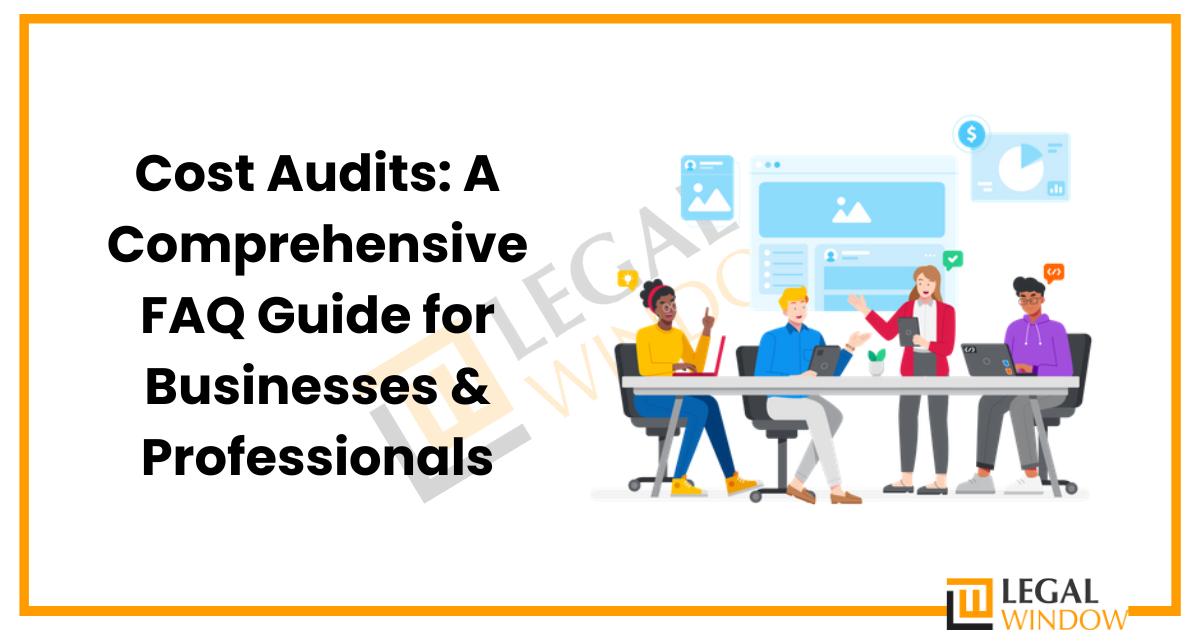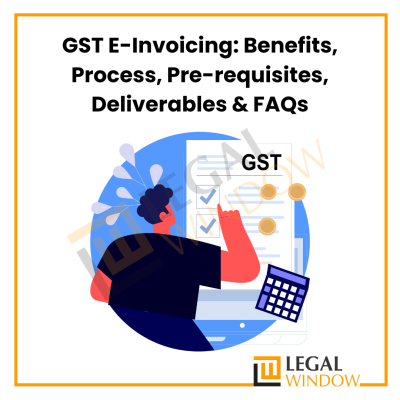Cost Audits: A Comprehensive FAQ Guide for Businesses & Professionals
- December 11, 2023
- Miscellaneous

Welcome to the ultimate guide on Cost Audits! In the world of business, understanding where your money goes is crucial. This comprehensive FAQ Guide for Businesses & Professionals will unravel the mysteries behind cost audits. From what they are to why they matter, we’ll walk you through it all in simple, easy-to-understand language. Whether you’re a seasoned professional or new to the game, this guide aims to demystify the complexities surrounding cost audits. Get ready to navigate the realm of expenses, uncovering valuable insights that can help your business thrive. Let’s dive in!
What is Cost Audits?
Cost audits are detailed examinations and verification of a company’s cost accounting records, practices, and procedures. These audits aim to ensure accuracy, compliance with regulatory standards, and efficiency in cost management.
Why Do Businesses Need Cost Audits?
Businesses require cost audits to maintain transparency, identify inefficiencies, and control costs effectively. These audits help in optimizing operations, improving profitability, ensuring compliance, and providing stakeholders with accurate financial insights.
Who can do cost audit in India?
In India, cost audits can be conducted by qualified Cost Accountants who are registered with the Institute of Cost Accountants of India (ICAI) and hold a valid practice certificate issued by the institute. The Companies Act, 2013 mandates that certain companies are required to conduct cost audits, and only practicing Cost Accountants are eligible to perform these audits as per regulatory guidelines.
What are types of Costs Audited?
Cost audits typically encompass various types of costs, including:
- Raw Material Costs
- Labor Costs
- Overhead Costs
- Production Costs
- Administrative Costs
What are steps Involved in a Cost Audit?
Steps in a cost audit generally include:
- Planning: Defining audit objectives, scope, and resources required.
- Data Collection: Gathering relevant cost-related records, reports, and financial documents.
- Examination: Analyzing cost accounting systems, processes, and cost allocation methods.
- Verification: Ensuring accuracy and compliance with accounting principles and regulations.
- Reporting: Documenting findings, recommendations, and presenting the audit report.
Is cost audit applicable to trading company?
In India, the applicability of cost audits to a trading company depends on certain criteria outlined by the government. Generally, companies involved in manufacturing activities are subject to mandatory cost audits as per the Companies Act, 2013. However, trading companies that fall within specified thresholds or requirements set by regulatory bodies may also be subject to cost audits in certain situations. Compliance requirements can vary, and it’s advisable for trading companies to consult with financial experts or regulatory authorities to determine their specific obligations regarding cost audits.
What are the legal requirements for cost audits?
Legal requirements for cost audits are often stipulated by regulatory authorities or laws such as the Companies Act, 2013 in India. Generally, certain classes of companies meeting specified criteria related to turnover, nature of business, or industry sectors are mandated to conduct cost audits. These requirements outline the frequency, scope, and thresholds for conducting such audits.
What are the consequences of non-compliance with cost audit regulations?
Non-compliance with cost audit regulations can result in legal penalties, fines, or regulatory actions against the company and its directors. Additionally, it may lead to reputational damage, loss of business opportunities, and affect relationships with stakeholders.
How frequently should businesses conduct cost audits?
The frequency of cost audits is often determined by regulatory requirements and the nature of the business. Typically, companies subject to mandatory cost audits may need to conduct them annually or periodically as specified by regulatory authorities. However, even if not mandated, conducting regular cost audits, perhaps annually or biennially, can offer substantial benefits in terms of cost control and transparency.
What are some best practices to optimize the cost auditing process?
- Clear Objectives: Define clear audit objectives and scope.
- Data Accuracy: Ensure accurate and reliable data collection.
- Compliance: Align auditing processes with regulatory requirements.
- Technology Integration: Utilize cost-effective audit tools and software.
- Engagement with Stakeholders: Involve relevant stakeholders for insights.
- Continuous Improvement: Use audit findings for ongoing process enhancements.
What are the future trends in cost auditing, and how might they impact businesses?
- Technology Integration: Increasing use of AI, machine learning, and automation for more efficient audits.
- Data Analytics: Greater reliance on data-driven insights for cost optimization.
- Real-Time Auditing: Shift towards continuous or real-time auditing for proactive cost management.
- Environmental and Social Impact Assessment: Inclusion of sustainability metrics in cost audits for a holistic view.
- Globalization Impact: Addressing complexities arising from global supply chains and operations.
What role do cost audits play in ensuring sustainable business practices?
Cost audits contribute to sustainable business practices by:
- Identifying Waste: Highlighting areas where resources are inefficiently used.
- Encouraging Efficiency: Promoting efficient use of resources, reducing environmental impact.
- Compliance with Standards: Ensuring adherence to sustainability and ethical standards.
- Holistic Evaluation: Assessing the social, environmental, and economic impacts of business operations.
LegalWindow.in is a professional technology driven platform of multidisciplined experts like CA/CS/Lawyers spanning with an aim to provide concrete solution to individuals, start-ups and other business organisation by maximising their growth at an affordable cost. Our team offers expertise solutions in various fields that include Corporate Laws, Direct Taxations, GST Matters, IP Registrations and other Legal Affairs.
Categories
- Agreement Drafting (23)
- Annual Compliance (11)
- Change in Business (36)
- Company Law (148)
- Compliance (90)
- Digital Banking (3)
- Drug License (3)
- FEMA (17)
- Finance Company (42)
- Foreign Taxation (6)
- FSSAI License/Registration (14)
- GST (120)
- Hallmark Registration (1)
- Income Tax (202)
- Latest News (34)
- Miscellaneous (165)
- NBFC Registration (8)
- NGO (14)
- SEBI Registration (6)
- Section 8 Company (7)
- Start and manage a business (21)
- Startup/ Registration (130)
- Trademark Registration/IPR (40)
Recent Posts
About us
LegalWindow.in is a professional technology driven platform of multidisciplined experts like CA/CS/Lawyers spanning with an aim to provide concrete solution to individuals, start-ups and other business organisation by maximising their growth at an affordable cost.








